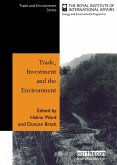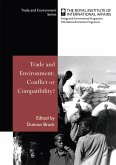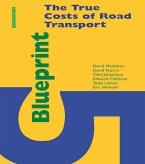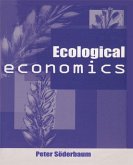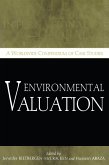Ecotaxation covers two distinct ideas. To date, it has largely been associated with the 'polluter pays' principle, in the form of correctional charges imposed on activities which have a demonstrably damaging effect on the quality of life or the environment. The other involves a more ambitious policy shift, aiming to put taxation onto a different basis, away from income and labour, and onto resource-depleting and environmentally damaging activities. By going further, and directing the additional revenue towards environmentally supportive and socially improving ends, it can be part of the fiscal basis for sustainable development. This volume explores the history of both ideas, but with more emphasis on the wider-ranging policy alternatives that ecotaxation represents. The contributors look at the mixed records of the correctional economic instruments which have been introduced, suggesting that unless they are integrated into a more comprehensive package of reforms, they are not likely to have much effect on the direction of an already unsustainable economy. On the other hand, taxation has the potential not only to stimulate sustainable forms of economic activity but also, by lowering the costs of work and employment, to create jobs and greater social justice. At a time when governments' room for manoeuvre is being more and more restricted by conflicting social, economic and environmental commitments and pressures, revenue-neutral ecotaxation has a crucial role to play in reconciling those objectives and putting policy onto a new and lasting footing.
Dieser Download kann aus rechtlichen Gründen nur mit Rechnungsadresse in A, B, BG, CY, CZ, D, DK, EW, E, FIN, F, GR, HR, H, IRL, I, LT, L, LR, M, NL, PL, P, R, S, SLO, SK ausgeliefert werden.



